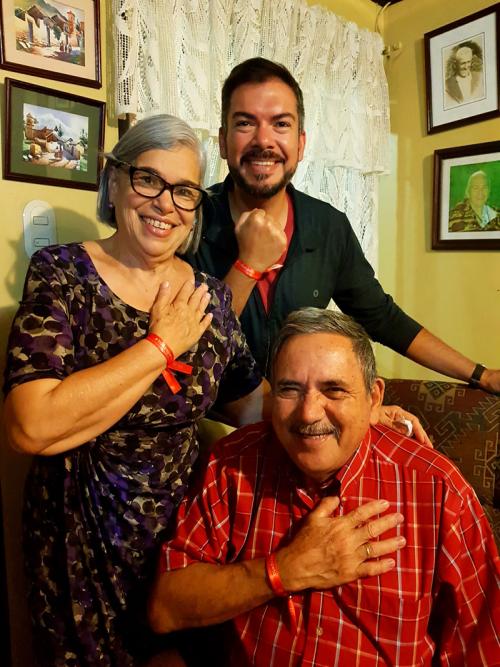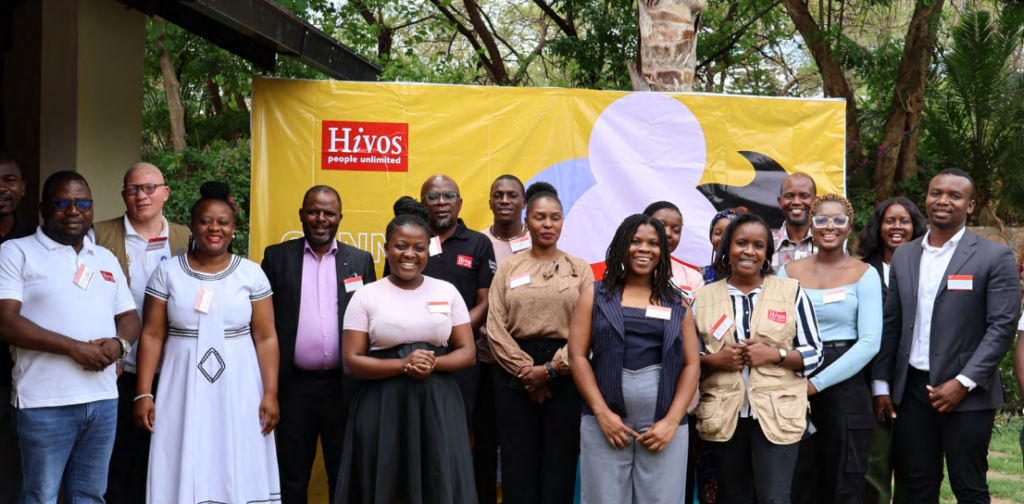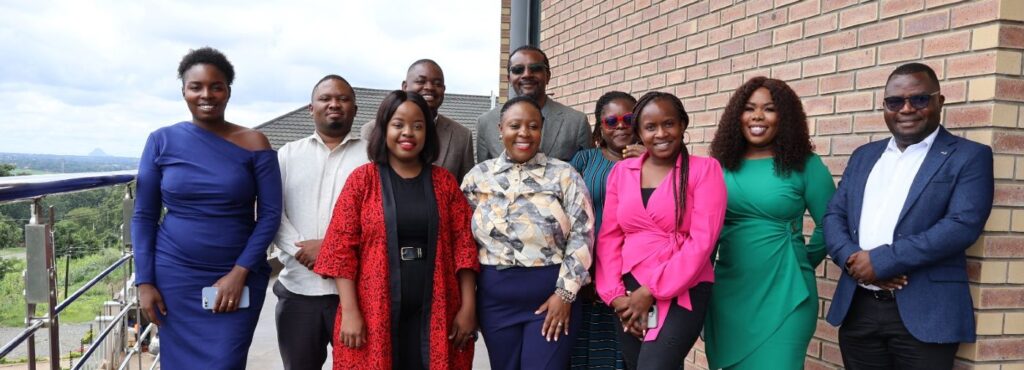Puede leer este blog en español aquí.
Merriam-Webster dictionary defines phobia as “an exaggerated usually inexplicable and illogical fear of a particular object, class of objects, or situation”.
Since childhood, we have accumulated fears, phobias, and other emotions. It is also possible that we may have learned to see the world from a binary perspective, thinking that sexual orientation and gender identity can only correspond to our biological sex. What would happen if we let go of these ideas and open our minds to think freely?
A world for everyone
It’s been 28 years since the World Health Organization (WHO) removed homosexuality from the International Classification of Diseases. Since then, every year on May 17 activities have been organized to denounce discrimination against people who identify as homosexual, lesbian, bisexual, and transsexual. Many groups and organizations have also coordinated strategies to move forward in terms of rights for diversity.
As Hivos, we asked ourselves how far we’ve come in eradicating“homo-lesbo-bi-trans-phobia”in Latin America. We spoke to three Central American activists who have fought to end prejudice and who are working today toward the inclusion of LGBT+ people in their countries.
Manuel: Respect liberates
Manuel Francisco Abarca is a consultant for the Ministry of Health in Costa Rica, and he trains employees of the National Institute of Learning in the same country. He grew up feeling bad about his homosexuality until he learned how to accept himself and others. His family has always participated in apostolic movements; Manuel has even formed part of a religious missionary community.
It took Manuel’s father and mother 12 years to accept their son’s sexual orientation. Today, they have changed their mind-set to the point in which Manuel’s husband is considered a fundamental part of the family and seen as another son. “Talking about diversity means recognizing that all human beings are diverse. This is not just a matter of sexual orientation or gender identity. In this diversity, respect is the only thing that can help us reach the full potential that every person has. Authentic respect is liberating and drives growth,” says Manuel.
Cruz: diversity makes us stronger
Cruz Torres is the director of Sexual Diversity for the Secretariat of Social Inclusion of the Presidency of El Salvador. His life hasn’t always been easy: his classmates used to blackmail him to keep them from revealing his homosexuality in front of his family. Years later, when he decided to come out to his family, his father failed to accept him and carried that denial to his death.
Cruz found a place in the Anglican Episcopal Church in El Salvador, where he discovered it was others who condemned him, and not God. That was when he decided to work for LGBT+ rights, leading him to the place where he is today. For him, diversity is the characteristic that enriches humanity. “Respect for diversity is born from our own self-respect (…) it’s the key to a harmonious articulation, like diverse notes that, once arranged, compose different melodies; happy, reflexive, and even of celebration,” he said.
Gaby: We have the capacity to choose
Gaby Gygy Castillo leads the Sexual Diversity Organization Friends, Always Friends(ODASA in Spanish). She grew up under the shadow of social exclusion once she discovered that she was a trans woman. For the society in which she grew up, in Guatemala, biological sex had to be connected to gender identity. Little by little, she started to understand that things didn’t necessarily have to be this way. She realized that society had a problem, not her.
For Gaby, talking about transphobia involves remembering wounds; even though they have scarred, they still hurt. She says that respect is more of a principal than a value. She explains that humans are a species with the capacity to choose, we have different characteristics, and that diversity enriches us. She says, “There is no other species on Earth like us, with this beauty”.
_________________________________________________________________
In this region, there are many more stories to be told. We are convinced that we can carve out new paths and travel new roads if we build our relationships on respect, love, and inclusion. At Hivos, we work for open societies where we are all free to be who we want to be. That’s why we would like to invite you to follow the path to eliminating homo-lesbo-bi-trans-phobiain Latin America.
|
Would you like to join the #YoRespeto campaign on IDAHOT 2018? Wear the wristband of respect at all IDAHOT events on May 17. Download the printable version, here. Tell us what respect and solidarity toward the LGBT+ community means to you by using #YoRespeto. |




